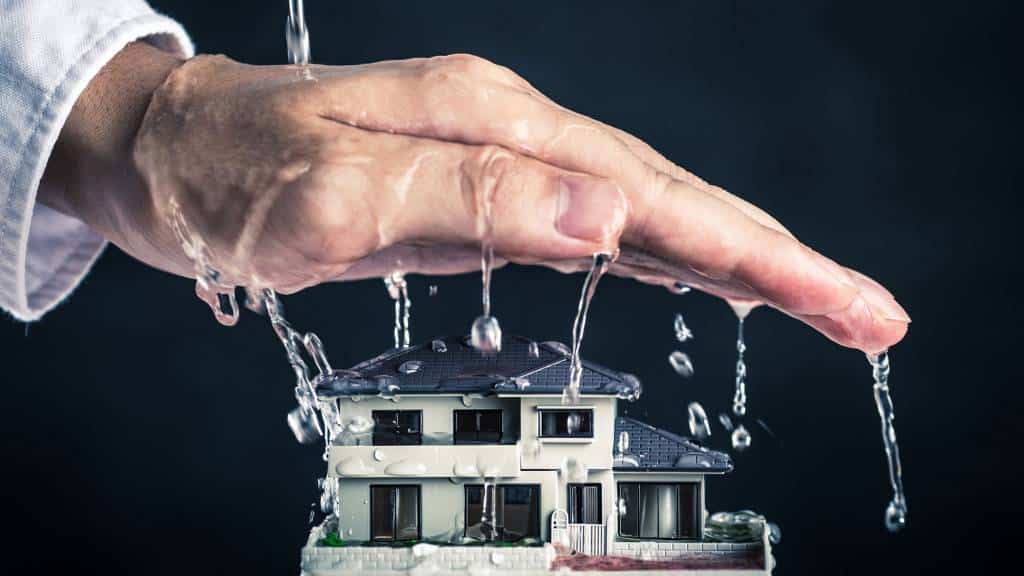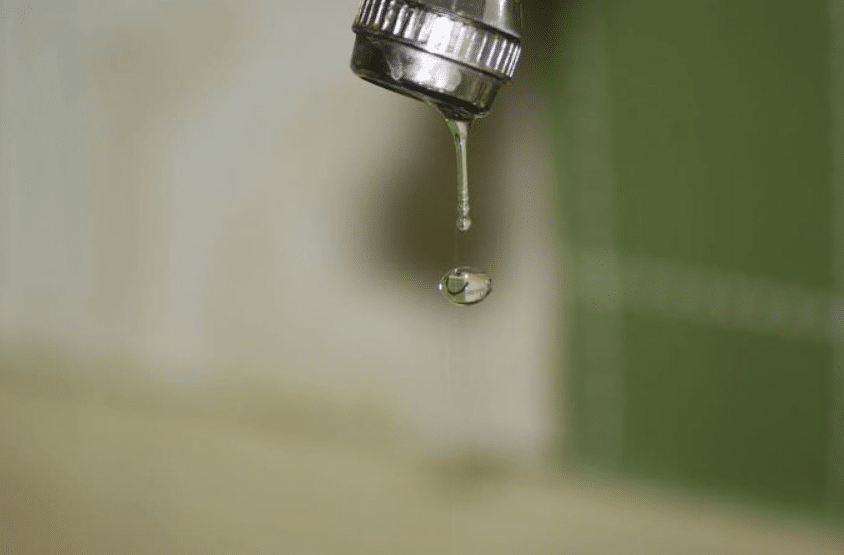Pinpoint Common Factors for Leak Problems in Your Residence
Pinpoint Common Factors for Leak Problems in Your Residence
Blog Article
What're your ideas concerning How to Find Water Leaks?

Leaks not only create waste of water however can likewise create unnecessary damages to your residence and also promote undesirable natural growth. By looking as well as understanding for everyday circumstances that trigger leakages, you can safeguard your home from future leakages as well as unnecessary damage.
Encroaching origins
Many water leakages start outside your home instead of inside it. If you discover an abrupt reduction in water stress, say in your faucet, take some time to head out and also examine your yard. You might see damp spots or sinkholes in your lawn, and that might imply that tree origins are getting into water lines creating water to seep out. You can have your plumber check for breach, specifically if you have trees or bushes near your property.
Corroded water systems
As time goes by, your plumbing system ages as well as corrosion such as rust may begin eating away the pipes. This might be the source of discoloration or warping on your pipes. This calls for an inspection with your plumber immediately. If our plumbing system is old, take into consideration changing the pipelines given that they go to a higher threat of rust than the newer models.
Malfunctioning Pipe Joints
The point at which your pipelines connect is frequently the weakest web link in the waterline. Pipeline joints can deteriorate with time, leading to water leakages. Unfortunately, the majority of pipeline joints are not quickly noticeable. If you have loud pipes that make ticking or banging sounds, especially when the hot water is turned on, your pipeline joints are most likely under a lot of stress. It is advisable to have your plumber evaluate your system annually.
Instantaneous temperature level changes.
Extreme temperature level modifications in our pipelines can cause them to expand and get all of a sudden. This expansion and contraction might trigger fractures in the pipes, specifically if the temperature are below freezing.
Poor Water Connectors
At times, a leak can be created by loosened tubes as well as pipes that provide your devices. In situation of a water links leak, you might see water running straight from the supply line or pools around your appliances.
Blocked Drains
Blocked drains may be irritating as well as inconveniencing, however they can often end up causing an overflow resulting in break pipes. Keep removing any kind of products that might decrease your drains that can block them to prevent such hassles.
All the above are reasons for leakages yet not all water leakages result from plumbing leaks; some leaks could come from roofing system leaks. All leaks should be repaired instantly to avoid water damage.
Leakages not only create waste of water but can additionally trigger unneeded damages to your residence and advertise undesirable natural growth. By looking and recognizing for daily situations that cause leaks, you can safeguard your house from future leaks as well as unnecessary damage. Today, we will certainly look at six leakage triggers that may be causing your pipelines to trickle.
At times, a leakage can be created by loose hose pipes and pipelines that supply your devices. In instance of a water connections leakage, you may observe water running straight from the supply line or puddles around your home appliances.
How To Check For Water Leak In Your Home
How To Check for Leaks
The average household's leaks can account for nearly 10,000 gallons of water wasted every year and ten percent of homes have leaks that waste 90 gallons or more per day. Common types of leaks found in the home are worn toilet flappers, dripping faucets, and other leaking valves. These types of leaks are often easy to fix, requiring only a few tools and hardware that can pay for themselves in water savings. Fixing easily corrected household water leaks can save homeowners about 10 percent on their water bills.
To check for leaks in your home, you first need to determine whether you're wasting water and then identify the source of the leak. Here are some tips for finding leaks:
Take a look at your water usage during a colder month, such as January or February. If a family of four exceeds 12,000 gallons per month, there are serious leaks.
Check your water meter before and after a two-hour period when no water is being used. If the meter changes at all, you probably have a leak.
Identify toilet leaks by placing a drop of food coloring in the toilet tank. If any color shows up in the bowl after 10 minutes, you have a leak. (Be sure to flush immediately after the experiment to avoid staining the tank.)
Examine faucet gaskets and pipe fittings for any water on the outside of the pipe to check for surface leaks.
Undetected water leaks can happen without the home or business owner even realizing. If you suspect a water leak, but not able to find the source. It is time to contact a professional water leak detection service, The Leak Doctor.
How To Find a Water Leak In Your Home
https://www.leakdoctor.com/blog/How-To-Check-For-Water-Leak-In-Your-Home_AE197.html

I hope you enjoyed our section about Common Water Leaks In House. Thank you so much for spending some time to browse our post. Sharing is good. Helping people is fun. Thank-you for going through it.
Professional service available. Report this page